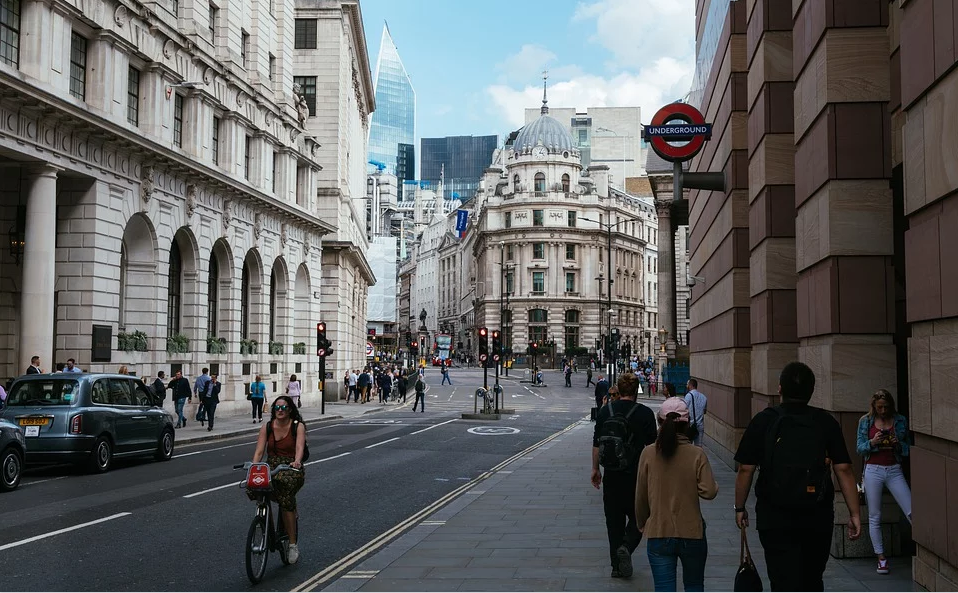What does the Bank of England Governor do?
We’ve been asked by Robert Peterson of London, what does the Bank of England Governor do? So here are a few questions and answers relating to the Governor and the bank of England.
It is the responsibility of the Bank of England Governor to oversee three main areas:
1. Individual Banks – Ensuring individual banks, building societies and insurers are run in the correct manner.
2. Financial System – The Bank of England monitors the risks in the financial system and looks at ways to reduce this risk. If needs be they can lend money to the banks if required. The responsibility of this is also shared with the FCA and the Treasury.
3. Inflation – The Bank of England is responsible for trying to keep the cost of living stable. It does this by setting the interest rates on a monthly basis. The target set by the bank of England is 2% inflation per year.
The Bank of England Governor is alo responsible for chairing committes such as the Financial Policy Committee, the Prudetial Regulation Authority and the Monetary Policy Committe.
The current Bank of England Governor is Andrew Bailey, he is the 121st Bank of England Governor and replaces outgoing Governor Mark Carney.
Andrew Bailey starts his role as the Bank of England Governor in March 2020 but has already worked within the Bank of England, most famously between January 2004 and April 2011, where he was chief cashier. This meant that his signature appeared on billions of UK banknotes.
Andrew Bailey’s base salary will be £495,000 per annum, however there may be additional items that Mr Bailey will get paid for including expenses and accommodation requests.
Outgoing Bank of England Governor, Mark Varney received a base salary of £480,000 and an accommodaion package worth £250,000. His total pay package was in the region of £881,574.
The Bank of England is classed as a central bank, this means that unlike high street banks, it does not hold or issue any accounts or loans to the public.
The main idea of a central bank is to manage the state of the economy and keep stability in the financial system. It can also lend money to other banks.
The Bank of England is also responsible in producing banknotes and it stores the UK’s gold reserves worth approx. £200 billion.
The bank also played a major part in the financial crashes of 2007, where it loaned Northern Rock £27 billion, before the Government took control.
The Bank of England was founded as a private bank in 1694 and it remained privately owned until World War Two when it was nationalised.
On top of the Bank of England Governor and his 4 deputies, the bank employes over 4,000 people.




